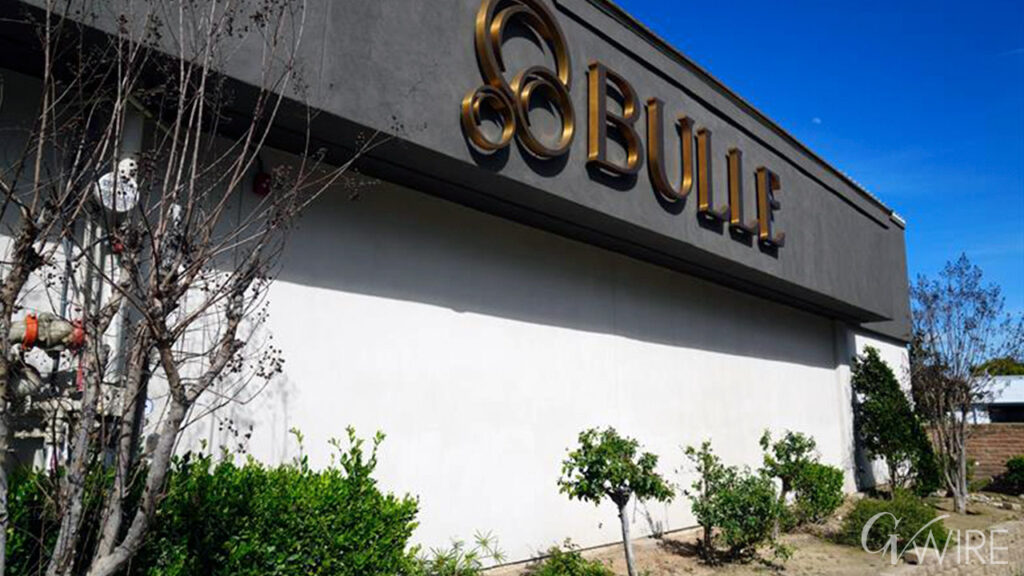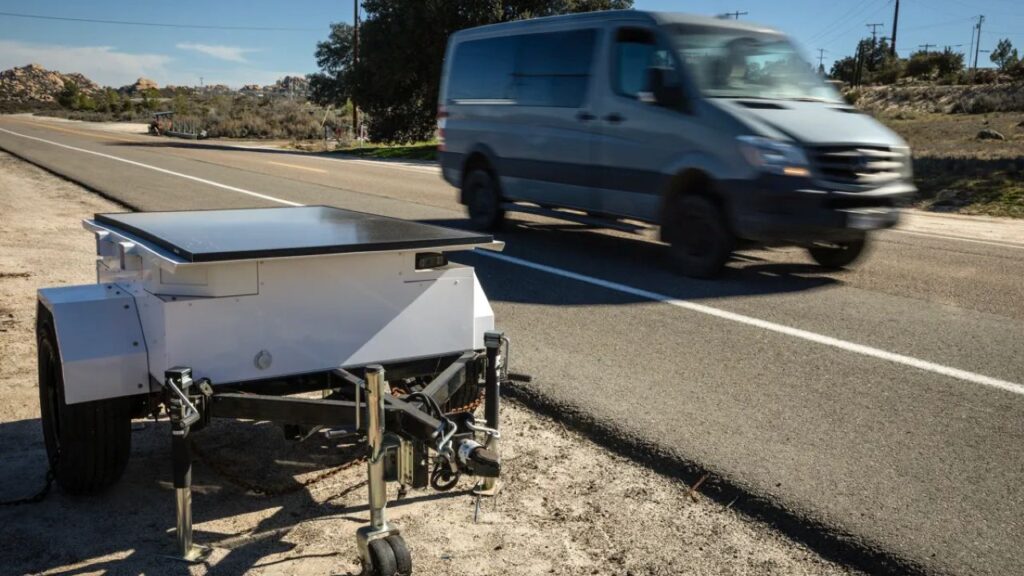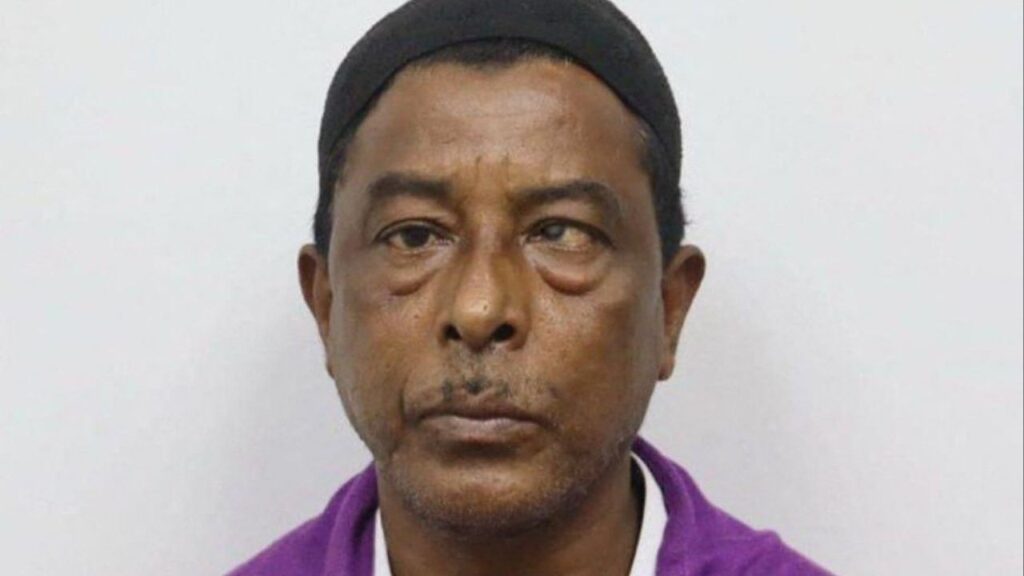The funeral in Sidon, Lebanon, on Tuesday, Oct. 1, 2024, for people killed on Sunday in an Israeli air strike on Ain el-Delb, a Palestinian refugee camp on the outskirts of Sidon. U.S. and Israeli officials say that Iran is going to launch an attack on Israel in the coming hours on Tuesday, a day after Israeli forces launched a rare ground invasion of southern Lebanon on Monday night aimed at crippling the Iranian-backed militia Hezbollah there. (Diego Ibarra Sánchez/The New York Times)

- Israel confirmed a ground invasion to target Hezbollah's forces and infrastructure in southern Lebanon.
- The operation aims to cripple Hezbollah's capabilities, including destroying tunnels leading into Israel and eliminating leadership.
- The invasion follows past conflicts, notably the 2006 war, and is influenced by ongoing tensions with Hezbollah.
Share
|
Getting your Trinity Audio player ready...
|
Israel and Hezbollah have fought wars before, most recently in 2006, a monthlong conflict that ended with a United Nations cease-fire resolution calling on both sides to retreat from a 20-mile buffer zone in southern Lebanon along Israel’s northern border.
But Hezbollah never withdrew from the region, and Israeli troops crossed into the area late Monday in what the Israeli military called a “limited” operation.
Here is why Israel said it has sent ground forces into Lebanon:
Related Story: Iran Preparing Imminent Missile Attack on Israel, US Warns, Pledging ...
What Is Israel’s Goal?
The invasion, which the Israeli military confirmed early Tuesday, is aimed at crippling Hezbollah’s forces and infrastructure in an area of southern Lebanon that the armed group controls, and where it has been known to build underground tunnels leading into Israel.
The incursion comes after two weeks of intensive Israeli airstrikes and attacks against the Iranian-backed Lebanese armed group involving exploding pagers and radios. Israeli officials said the assaults were intended in part to eliminate the group’s leadership; an airstrike Friday killed Hezbollah’s leader, Hassan Nasrallah. But officials had also suggested the attacks could remove the need for a ground invasion.
Hezbollah has launched near-daily aerial attacks against Israeli positions since last October. The group says its attacks are in solidarity with Hamas, which attacked Israel on Oct. 7, prompting the Israeli military to go to war in the Gaza Strip.
Related Story: Israeli Military Says ‘Limited’ Operation Against Hezbollah Targets ...
Why Is Israel Targeting Southern Lebanon?
Southern Lebanon is a rugged area, filled with steep valleys in which defenders can easily ambush an invading army, a factor that may have shaped Israeli military planning. The tough terrain has historically helped factions in the region defend themselves, and Hezbollah has used the geography to its advantage in past wars with Israel.
Israeli military leaders conducted months of preparatory drills for troops who could be sent to fight in the region, exercises they announced throughout the summer and into the fall.
It’s unclear how deep inside southern Lebanon Israeli forces will venture during this ground operation. On Tuesday, the Israeli military called for residents of more than two dozen towns and villages to evacuate and move north of the Awali River, which is more than 15 miles from the Israeli border at its nearest point.
Related Story: Israel Launches Small Ground Raids Against Hezbollah as Fight in Lebanon ...
What is U.N. Resolution 1701?
UN. Resolution 1701, which ended the 2006 war, called on Israeli troops to withdraw from southern Lebanon to an area in the Golan Heights below what is known as the Blue Line, and for Hezbollah to withdraw north of the Litani River, which runs south of the Awali. The area in between the Litani and the border, where much of the fighting had taken place, was to become a buffer zone.
The resolution called for the area to be controlled by the Lebanese military and U.N. peacekeeping forces. A U.N. peacekeeping force has remained in the area, but the resolution was never fully implemented.
Hezbollah has argued that its presence in the buffer zone is justified because Israel still occupies Lebanese land. Although the U.N. deemed that Israel had fully withdrawn from Lebanon in 2000, Israel remained in an area known as Chebaa Farms, which the U.N. considers an occupied part of Syria. Lebanon and Hezbollah say the land is Lebanese.
The resolution had envisioned the demilitarization of Hezbollah, but the group has only gained political and military might. In 2008, Israel sought peace talks with Lebanon’s government but was rebuffed, in large part because Hezbollah had gained political power in an agreement with the Lebanese government.
Israel maintains that Hezbollah has built up its arsenal of missiles aimed at Israel’s northern border and has constructed more underground tunnels that would allow the group to infiltrate and attack Israel, as it did in 2006. In 2018, an Israeli military operation uncovered tunnels built by Hezbollah, prompting Israel to call for international action. U.N. forces in Lebanon confirmed the presence of tunnels.
Related Story: Iran Preparing Imminent Missile Attack on Israel, US Warns, Pledging ...
Last month, as Israel ratcheted up its air attacks on Hezbollah, Israel’s foreign minister, Israel Katz, sent a letter to the U.N. arguing that the Israeli military aimed to thwart the armed group’s plans to infiltrate Israel and called for enforcement of Resolution 1701.
Israeli officials have long feared that Hezbollah would conduct the kind of attack that Hamas led last Oct. 7, the incursion that killed about 1,200 people and set off the war in Gaza.
Hezbollah has suffered serious blows beyond the loss of its leader in the intensified Israeli attacks that preceded the current invasion, including heavy airstrikes near and in Beirut over the weekend. But Hezbollah has continued to fire rockets on northern Israel — and occasionally into central Israel — proving its resilience.
Hezbollah is thought to have perhaps the largest arsenal of any armed group in the world, excluding governments, according to experts. A report in March by the Center for Strategic and International Studies, a research organization based in Washington, put the size of Hezbollah’s stockpile between 120,000 and 200,000 rockets and missiles, including guided ballistic missiles, short-range and midrange unguided ballistic missiles and short- and long-range unguided rockets.
–
This article originally appeared in The New York Times.
By Ephrat Livni/Diego Ibarra Sánchez
c. 2024 The New York Times Company



















